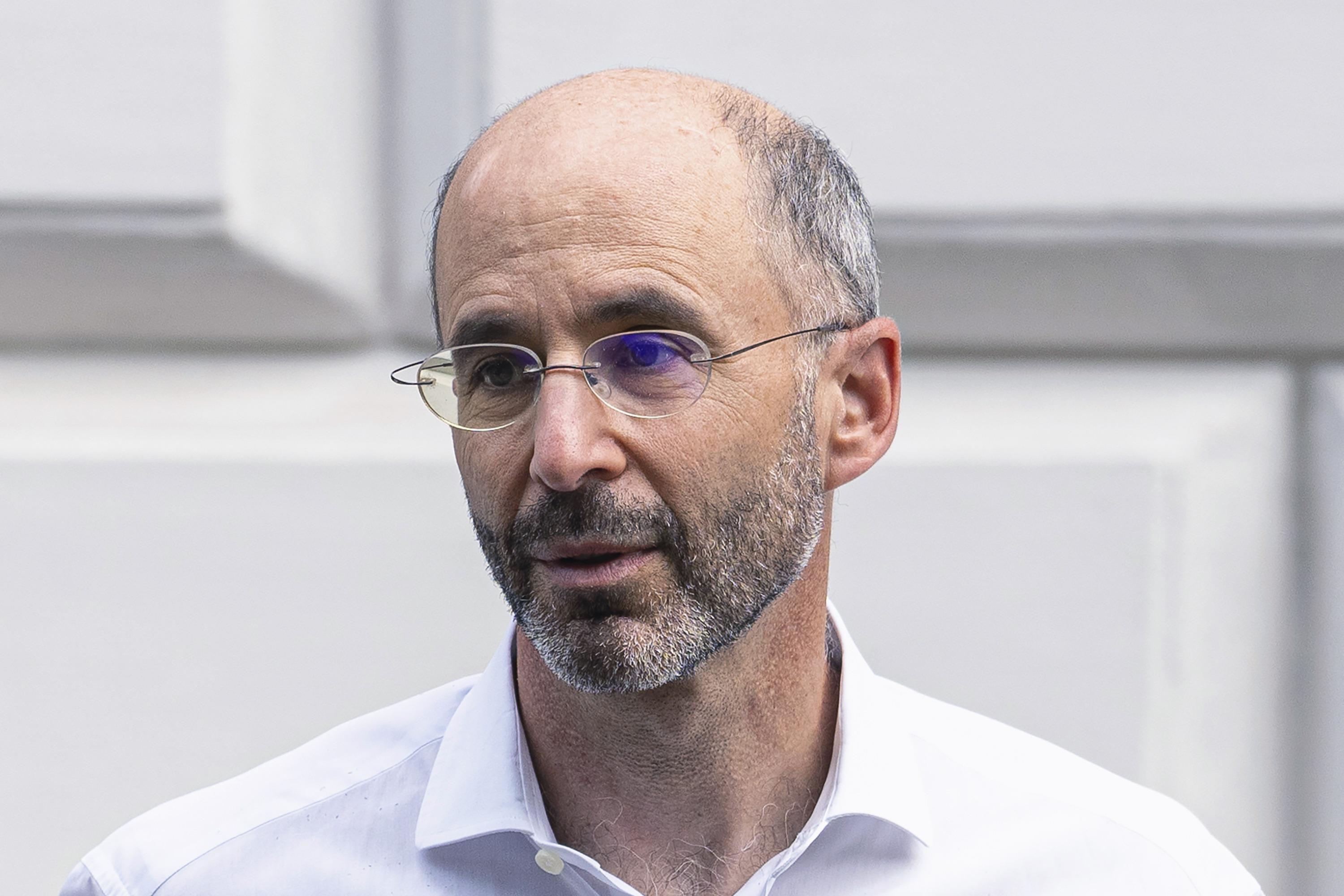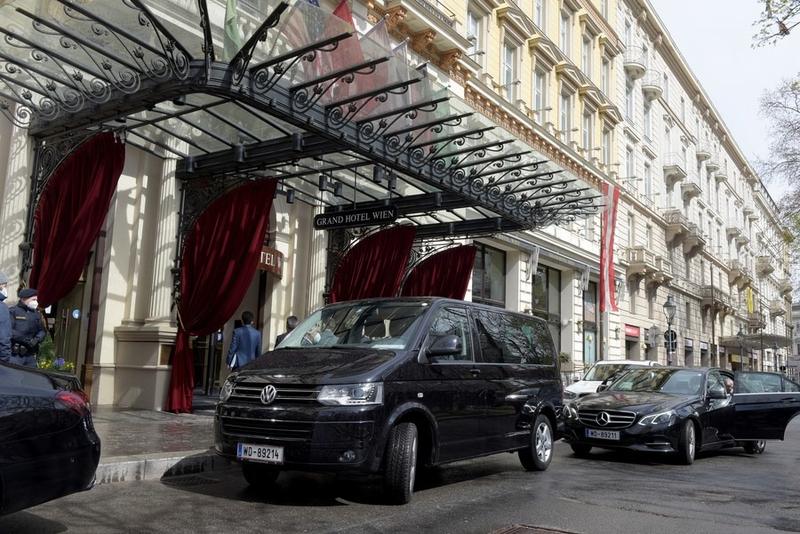 Rob Malley, US special envoy for Iran, is shown on June 20, 2021, in Vienna, Austria. (PHOTO / AP)
Rob Malley, US special envoy for Iran, is shown on June 20, 2021, in Vienna, Austria. (PHOTO / AP)
TEHRAN - Iran said on Monday it would push forward negotiations on the revival of a 2015 nuclear deal for its national interests, not on trust in the United States, the official news agency IRNA reported.
Iranian Foreign Ministry spokesperson Nasser Kanaani made the remarks at a weekly press conference in the capital Tehran in response to a leaked secret audiotape of Rob Malley, the US special envoy for Iran, in which Malley said he sought to revive the nuclear deal "only to further pressure Tehran over other issues."
Rob Malley, also lead US negotiator on the deal, said at the audiotape that once returning to the nuclear pact, Iran would be exerted pressure and imposed sanctions for other behaviors, such as "its support for proxy groups and terrorist groups, ballistic missile program, cyberattacks, election interference, and human rights violations"
Malley, also lead US negotiator on the deal, said at the audiotape that once returning to the nuclear pact, Iran would be exerted pressure and imposed sanctions for other behaviors, such as "its support for proxy groups and terrorist groups, ballistic missile program, cyberattacks, election interference, and human rights violations."
ALSO READ: Iran's yellowcake production volume up 50% in March-July
Kanaani said the US government is responsible for explaining Malley's remarks, stressing that "the US committing to the nuclear deal could provide a basis for Tehran's trust in Washington, but it failed to achieve it."
"We are making efforts to remove the cruel sanctions and prepare the ground for all parties' responsible return to the nuclear deal, including the United States," the spokesman added, noting that the deal can be resumed whenever the other side manages to ensure commitment for Iran.
ALSO READ: West's failure to handle Iran nuclear deal risks Mideast peace
Iran signed the nuclear deal, formally known as the Joint Comprehensive Plan of Action (JCPOA), with world powers in July 2015, agreeing to put some curbs on its nuclear program in return for the removal of the sanctions on the country. The United States, however, pulled out of the deal in May 2018 and reimposed its unilateral sanctions on Tehran, prompting the latter to drop some of its nuclear commitments under the deal.
 This file photo was taken on April 6, 2021, shows the venue of the Iran nuclear deal talks in Vienna, Austria. (PHOTO / XINHUA)
This file photo was taken on April 6, 2021, shows the venue of the Iran nuclear deal talks in Vienna, Austria. (PHOTO / XINHUA)
READ MORE: Iran, EU meet on nuke talks in Qatar
The talks on the revival of the JCPOA commenced in April 2021 in Austria's capital Vienna. Despite several rounds of talks, no significant breakthrough has been achieved since the end of the last round in August 2022.


